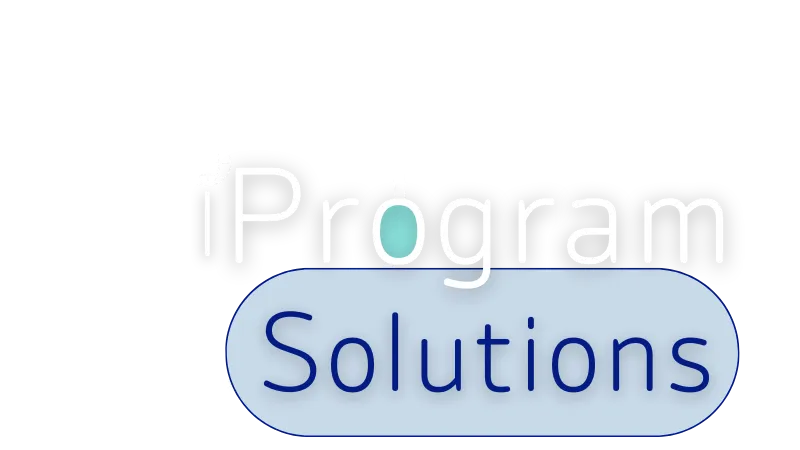
How do you effectively coordinate communication and decision-making among various stakeholders in complex programs
Managing communication and decision-making among various stakeholders is critical to any complex program. With diverse expectations, needs, and levels of influence, coordinating these processes can be challenging. This blog post will explore key strategies for effectively managing stakeholder communication and decision-making in complex programs. From establishing clear communication channels and defining roles and responsibilities to utilizing technology and fostering solid interpersonal relationships, we'll provide a comprehensive guide to ensure alignment, transparency, and collaboration throughout the project lifecycle.
Here are some key strategies:
1. Establish Clear Communication Channels:
o Define Roles and Responsibilities: Clearly define the roles and responsibilities of each stakeholder to avoid confusion and ensure everyone knows their tasks and authority.
o Use Multiple Communication Platforms: Utilize various communication tools such as email, project management software, instant messaging, and regular meetings to ensure that information flows smoothly and reaches all stakeholders.
2. Regular and Structured Meetings:
o Kick-off Meetings: Begin with a kick-off meeting to align stakeholders on project goals, timelines, and expectations.
o Progress Meetings: Hold regular progress meetings to update stakeholders on the project's status, discuss challenges, and make necessary adjustments.
o Decision-making Meetings: Schedule dedicated meetings for critical decision-making, ensuring all key stakeholders are present to provide input and approval.
3. Stakeholder Engagement and Participation:
o Stakeholder Analysis: Conduct a stakeholder analysis to identify the influence and interest of each stakeholder. Tailor communication strategies accordingly to engage them effectively.
o Feedback Mechanisms: Implement feedback mechanisms such as surveys, suggestion boxes, and open forums to gather input and address concerns from stakeholders.
4. Transparent Decision-making Processes:
o Decision Logs: Maintain a decision log to document decisions made, the rationale behind them, and the stakeholders involved. This helps in tracking and referencing past decisions.
o Consensus Building: Strive for consensus in decision-making by facilitating discussions, mediating conflicts, and ensuring all voices are heard.
5. Utilize Technology:
o Project Management Tools: Use project management tools like Asana, Trello, or Microsoft Project to track progress, assign tasks, and share updates with stakeholders.
o Collaboration Platforms: Leverage collaboration platforms like Slack, Microsoft Teams, or Zoom for real-time communication and virtual meetings.
6. Effective Documentation and Reporting:
o Regular Reports: Generate regular status reports that highlight progress, risks, issues, and upcoming milestones. Share these reports with all stakeholders to keep them informed.
o Accessible Documentation: Ensure all project documentation, including plans, reports, and meeting minutes, are accessible to stakeholders through a shared repository.
7. Cultural and Interpersonal Considerations:
o Cultural Sensitivity: Be aware of cultural differences and communication styles among stakeholders, especially in international projects. Adapt communication methods to respect these differences.
o Building Relationships: Foster strong interpersonal relationships with stakeholders through informal interactions and team-building activities to build trust and facilitate smoother communication.
In conclusion, managing communication and decision-making among various stakeholders in complex programs is a challenging but crucial task. By implementing strategies such as establishing clear communication channels, defining roles and responsibilities, using multiple communication platforms, conducting regular and structured meetings, engaging stakeholders, maintaining transparent decision-making processes, utilizing technology, ensuring effective documentation and reporting, and considering cultural and interpersonal factors, program managers can effectively coordinate communication and decision-making processes. These strategies can help ensure alignment, transparency, and collaboration throughout the project lifecycle, ultimately contributing to the success of the program.
References
Kerzner, H. (2017). Project Management: A Systems Approach to Planning, Scheduling, and Controlling.
PMI. (2017). A Guide to the Project Management Body of Knowledge (PMBOK Guide) – Sixth Edition.
DeBakey, M., & Childs, E. (2019). Leading Complex Projects: A Data-Driven Approach to Mastering the Human Side of Project Management.
Looking for more insights and resources to help you effectively manage complex programs and stakeholder alignment? Check out our iPrograms podcast, where we delve into the latest trends, best practices, and real-world experiences in project management. Our expert guests share valuable lessons learned and practical tips to help you navigate the complexities of interconnected schedules and diverse stakeholder interests. Tune in to the iPrograms podcast today to expand your knowledge and stay ahead in the fast-paced world of project management.
You can find the iPrograms podcast on popular platforms such as:
Don't miss out on this valuable resource – subscribe to the iPrograms podcast today and start enhancing your project management skills!

